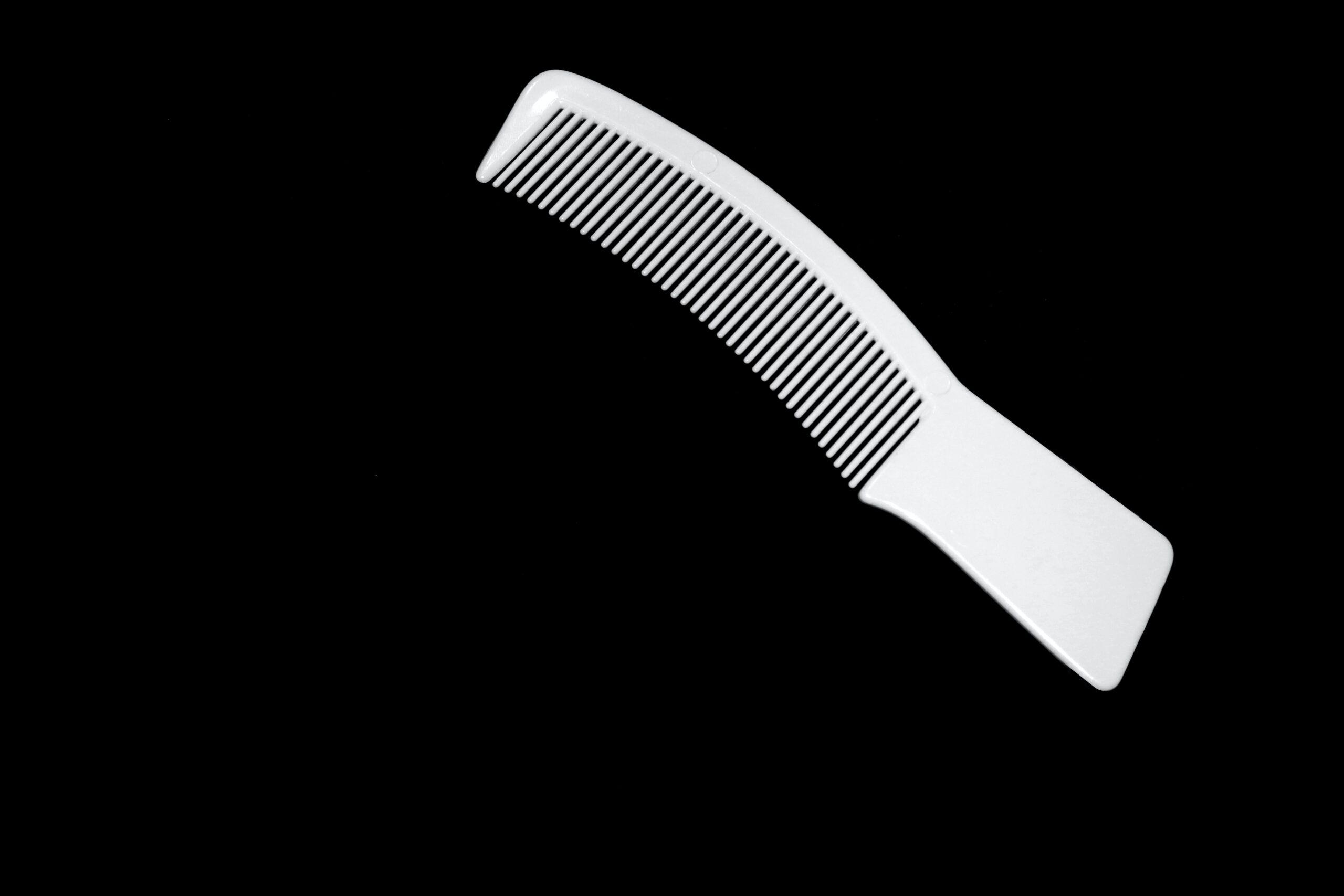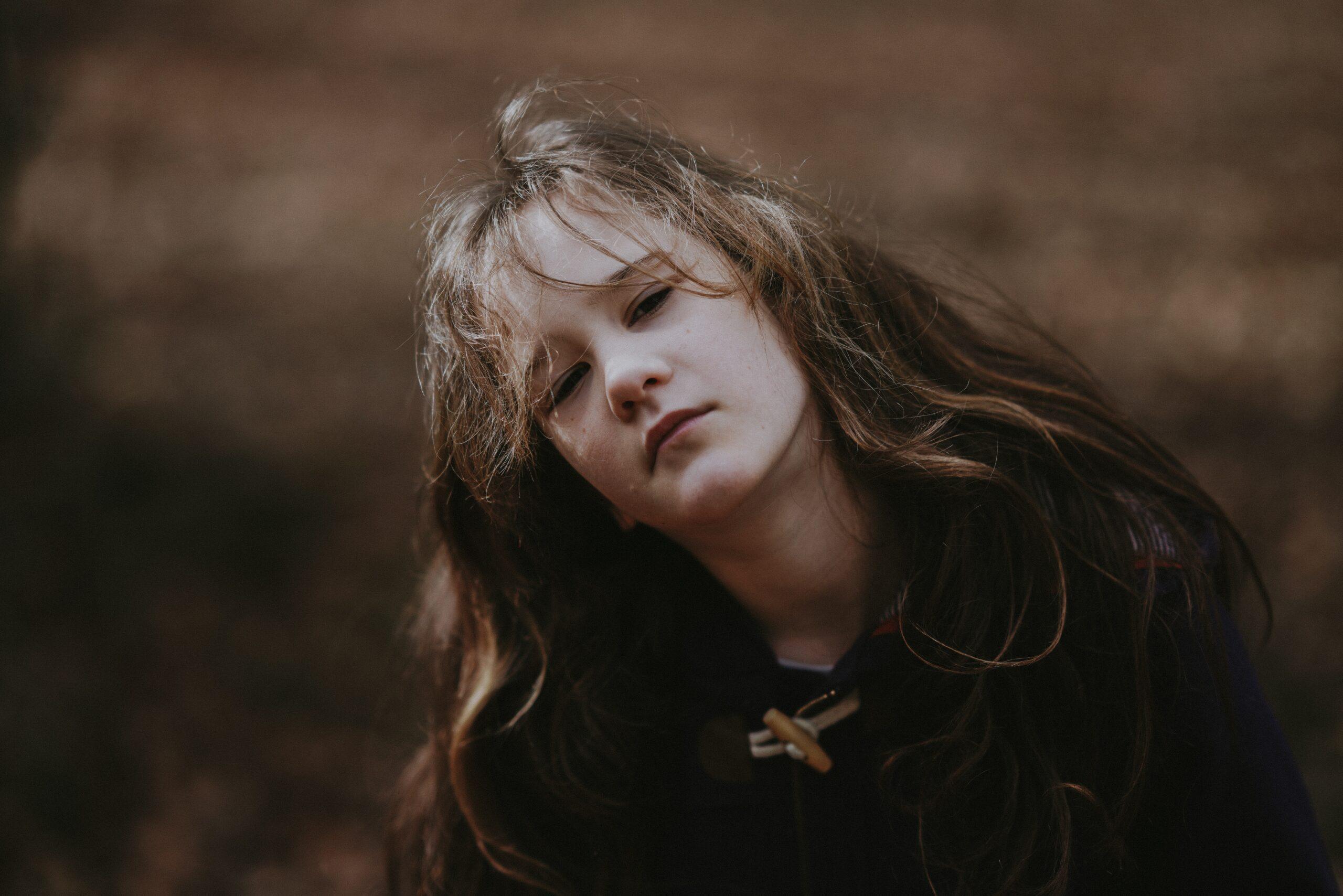The American Academy of Pediatrics recently revoked its No Nits policy, which states that children with nits should not be allowed into the classroom. The organization now theorizes that the policy is detrimental to a child with lice, too many days of school are being missed and a nit cannot transfer from head to head. Only time will tell if the recommendation affects the number and length of lice outbreaks in our schools.
Most parents know that sharing hats, helmets, headbands and combs is a no-no. Parents must also consider iPod ear buds, pillows used at sleepovers, princess party tiaras and all types of costumes. Things like these that children wear and share can house a live louse for 24-36 hours. If a child must share a helmet, a great idea is to insert a coffee filter into the helmet to be tossed out after each use.
I also recommend not washing a child’s hair every day. Lice cling to clean hair, not dirty! A louse cannot attach easily to a hair shaft covered with natural oils and products. Squeaky clean hair, however, is easy to grab onto for lice. Also, lice do not fly, jump or hop. They walk slowly and look for the warmth of the scalp.
Studies show that herbs such as rosemary, citronella, tea tree and geranium can help prevent head lice. Daily use of hair products with these ingredients have been proven effective in repelling head lice. But no matter what is used to wash hair, or how often hair is washed, weekly head checks are always recommended.
While many parents complain that a lice infestation can last for months, with proper management this can be prevented. If you suspect an outbreak, or even a single case of lice, tell the school nurse immediately. The school should conduct lice checks and send a note home to parents whenever there is cause for concern. The sooner measures are taken to prevent and treat lice the better. The quicker lice is controlled the quicker it stops.
Your child’s school should also wipe down all surfaces and vacuum nightly. Expensive sprays are not necessary, just a good vacuum. During outbreaks, coats should be brought home and washed in hot water. The should be kept at school in large bags until an outbreak is under control. For younger children, car seats should be vacuumed if live bugs can be seen. And stuffed animals should be bagged for a few days.
The life cycle of a louse needs to be understood in order to stop an outbreak. By the time a parent usually realizes that a child has lice, the bugs have matured and are laying eggs. Smaller than a pinhead, an egg or nit lurks up to a half of an inch from the top of the head. Eggs take seven to ten days to hatch. After seven days, the nit is now called a nymph and starts to feed. The nymph takes seven to ten days to develop into a full grown louse. Nymphs are smaller and don’t lay eggs. The adult louse can live up to 30 days on the human head, and a female can lay up to 100 eggs in her lifetime.
Likewise, it’s crucial to stop an outbreak in the early nit or nymph stage. This is especially true as adult lice or “super lice” have become resistant to over-the-counter medications including Rid and Nix. And while storied remedies like Cetaphil, olive oil and mayonnaise might help to smother a live louse, they don’t remove the nits, which can take up to ten days to hatch.
With a little research, parents can find natural methods to prevent and remove head lice. The next generation of products is available, and many more are on the horizon. In addition, because enzymes are literally dissolving lice and the nit glue, it has become easier to break the cycle in the early stages.
By maintaining good communication, detecting and treating lice early, and using natural and safe products, parents can minimize their family’s risk of getting lice— and stay calm when the inevitable lice in the classroom note comes home from school.




